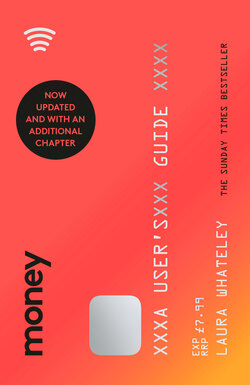Читать книгу Money: A User’s Guide - Laura Whateley - Страница 25
How to get a mortgage if you are self-employed
ОглавлениеYou used to be able to apply for ‘self-cert’ mortgages, nicknamed ‘liar loans’, which allowed you, as a self-employed worker, to state your income without any actual proof of it. These were banned in 2014. If you are self-employed or a freelancer you apply for mortgages in the same ways as everyone else, but it is now a lot harder to get one, though do not give up before you have tried.
Ideally you need at least two years of accounts, and three years will go down even better. Many banks want these signed off by an accountant. You also need to show the income you have reported in your self-assessment tax return to HMRC; you can download the SA302 form and tax-year overview from HMRC’s website.
Some lenders – for example, Halifax (if you have a great credit score), Newcastle Building Society, Kensington and Precise Mortgages – will consider those who have been self-employed for only a year. Smaller building societies tend to be a better bet: they are less likely to pull ‘Computer says no’. You may also find it easier if you were with the same business as a full-time employee before you started going freelance.
If your earnings have been rising, banks will usually take your average income for the past two or so years. If it has fallen, they will probably use the latest and lowest figure of earnings. The best thing to do is apply to a lender you know will be most happy to offer you a deal given your specific circumstances. A broker can help matchmake. If you are self-employed, take extra care with spending in the run-up to a mortgage application. You want to act especially frugally for at least six months beforehand.
